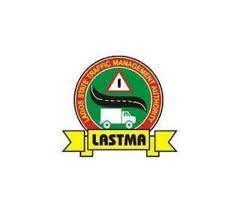
The Economic and Financial Crimes Commission (EFCC) has identified illegal mining and crime activities as a major threat to the local and national economy through non- payment of royalties, taxes and other dues.
EFCC Acting Executive Chairman, Abdulkarim Chukkol, said this at a one-day workshop which the commission organised for journalists in the state.
Reports show that the theme of the workshop, tagged: “Effective Reporting of Economic and Financial Crimes”, was held at the Ilorin Zonal Command on Thursday.
The chairman noted that cybercrime was a major crime, particularly among undergraduates and fresh graduates of tertiary institutions.
“The commission has been active in tackling their criminalities and will continue to ensure that extant laws against illegal miners are enforced.
“Our work is engaging because the commission has been combating the menace of corrupt practices, going by its impressive records of convictions, asset forfeitures and other tangible proofs of accomplishments over the years.
“The reporting has also been arduous because our work is not static and media have always been keeping pace with our speed and energy.
“It is in recognition of these tasks that the commission initiated a workshop on economic and financial crime reporting for journalists.
“The workshop is one of the modest efforts of the commission to build synergy and foster a more engaging relationship with the media,” he said.
The EFCC boss urged Nigerians not to wait until they suffer any loss on economic and financial crimes before they move against corrupt practices, as it remains a threat to individual and corporate progress.
He, however, said that legal bottleneck was one of the factors hindering cross border corruption investigation in the anti-corruption war.





